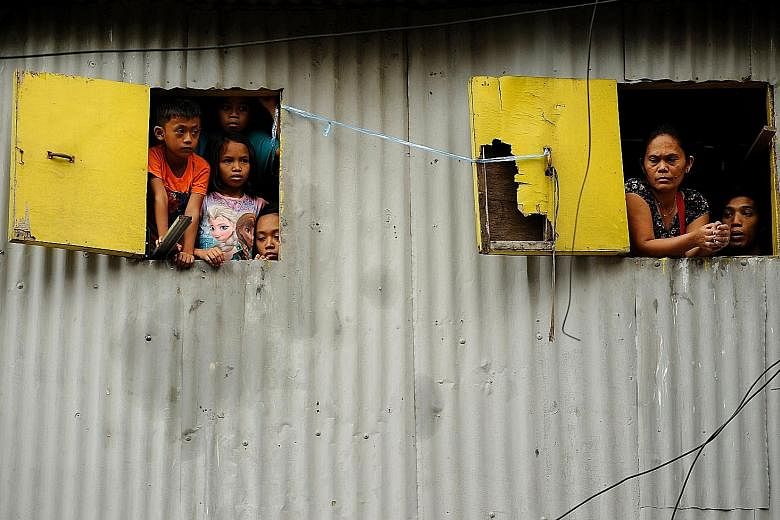A focus on social inclusion and environmental sustainability will help Asian economies become more resilient to shocks and aid long-term growth, the Asian Development Bank (ADB) has said in a new report.
The report warned that development gains in rapidly growing Asia could be worn away by natural disasters, environmental degradation, and the lack of infrastructure and basic services in many big cities.
Emerging risks and destabilisers such as widening income inequality, slower growth and climate change are reshaping the region's economic landscape at such a rapid pace that governments must build far greater resilience into their national plans, the ADB said.
Countries in Asia are already grappling with slower growth and falling international trade, and are more exposed to external shocks through the closer integration of global markets.
Asia's economic prospects are also increasingly linked to the outlooks for regional powerhouses China and India.
"External shocks... quickly push the vulnerable below the poverty line and the poor deeper into poverty," said Mr Vinod Thomas, director-general of independent evaluation at the ADB. "Building resilience calls for quality investments in infrastructure and institutions. But it must go beyond buffering shocks and preventing contagion.
"Countries must vigorously promote social inclusion and environmental sustainability, both involving private-sector solutions, to ensure that Asia's economic growth does not peter out."
Asia's urban population is expected to nearly double from 1.6 billion in 2010 to three billion by 2050, while 13 of the world's 23 megacities are located in the region.
This means addressing urban issues such as water supply, sanitation and waste management will be key, the ADB noted in the report released on Tuesday. In addition, ADB lending for climate change-related projects is set to double to US$6 billion (S$8.1 billion) in 2020 from US$2.8 billion in 2014, bringing support for climate change to about 30 per cent of its total lending.


